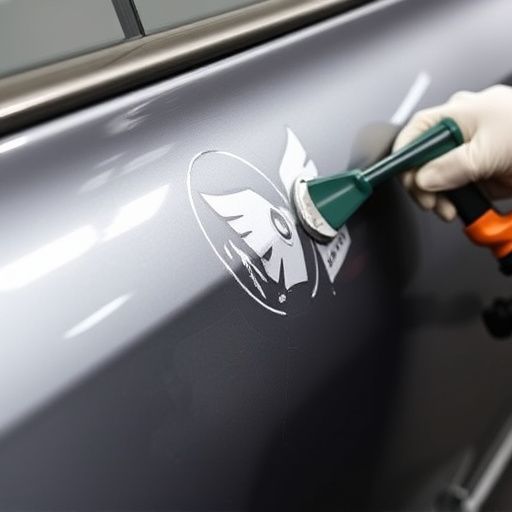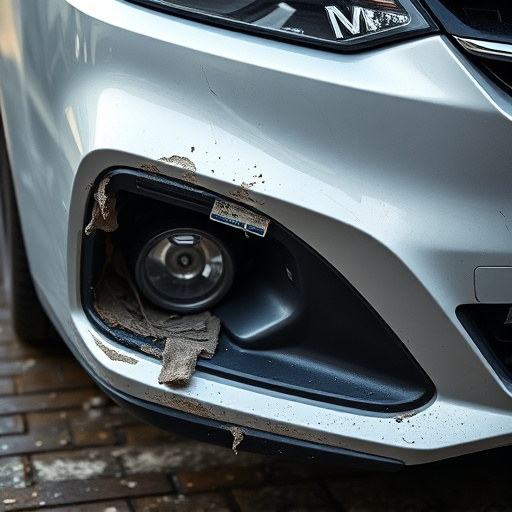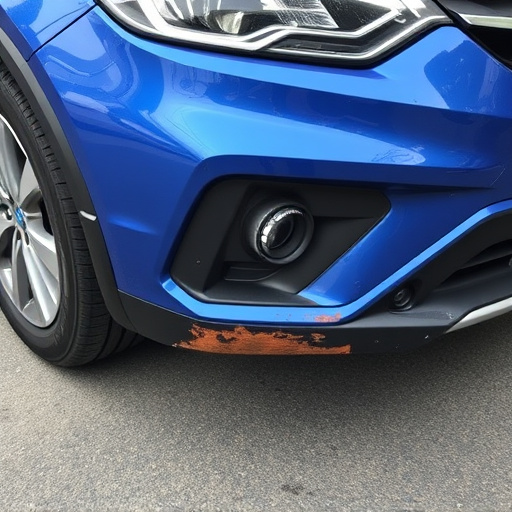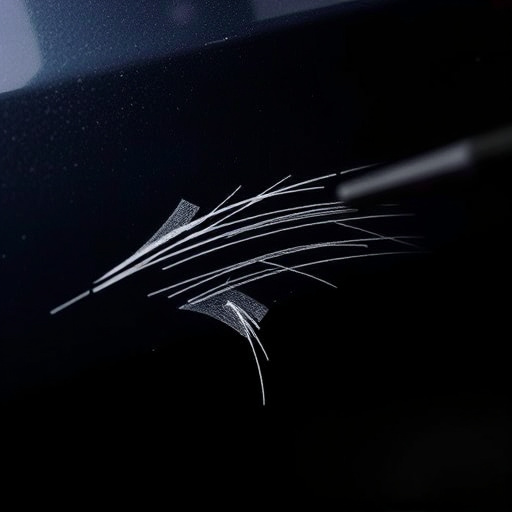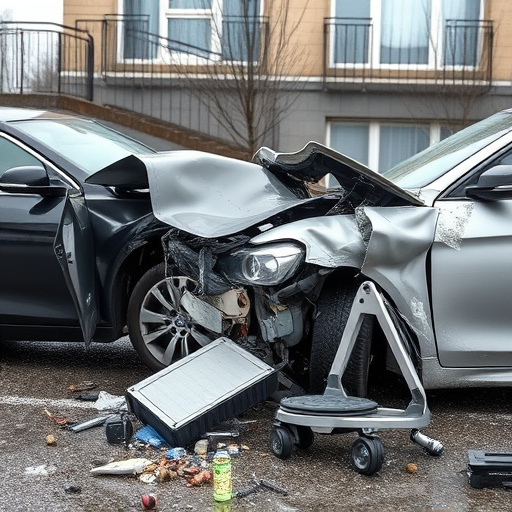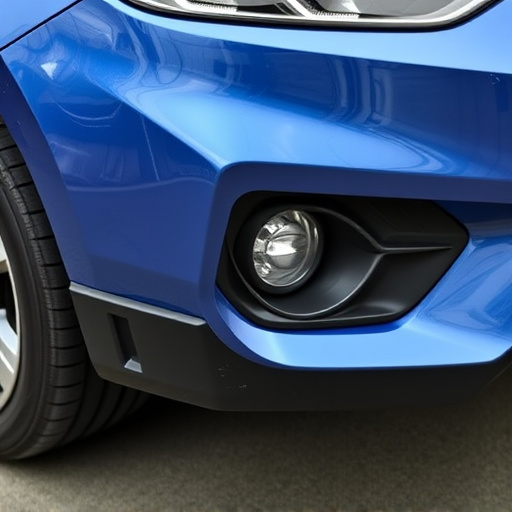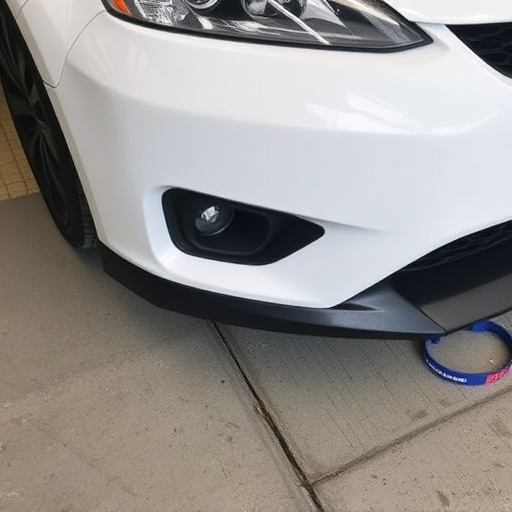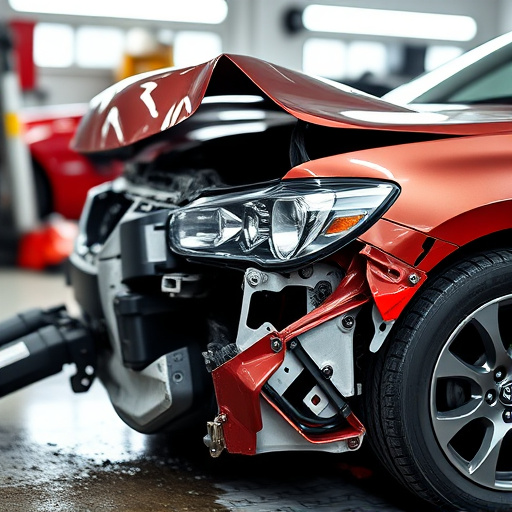Collisions can severely damage a vehicle's brake system, with brake fluid lines particularly vulnerable. Regular post-collision inspections are crucial to identify leaks, ruptures, or component damage, ensuring safe and effective braking performance and preventing further bodily harm or vehicle damage. Skilled technicians use advanced tools to assess pads, rotors, calipers, and fluid lines, enhancing braking efficiency and reducing collision repair costs.
Brake fluid lines, essential components of your vehicle’s braking system, can sustain significant damage during accidents. Understanding how these lines get compromised is crucial for safety and vehicle maintenance. This article delves into the intricacies of brake fluid lines, exploring common causes of damage during collisions and emphasizing the importance of regular brake system inspections post-collision to ensure optimal performance and prevent hazardous driving conditions.
- Understanding Brake Fluid Lines and Their Function
- Common Causes of Damage During Collisions
- The Importance of Regular Brake System Inspection Post-Collision
Understanding Brake Fluid Lines and Their Function
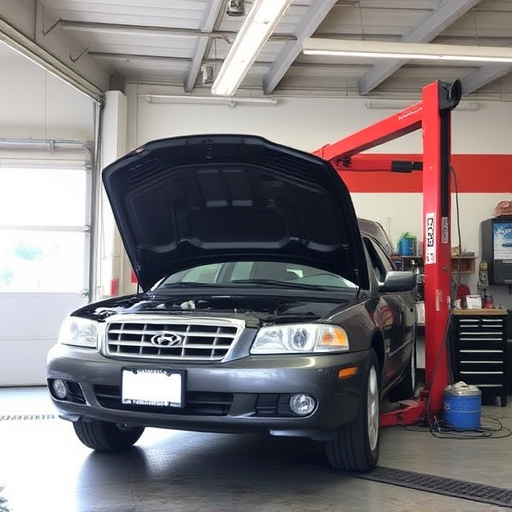
The brake fluid lines are a crucial component of a vehicle’s braking system, responsible for transmitting the driver’s braking force to the wheels. These thin, flexible tubes are designed to withstand high pressure and ensure efficient braking performance. During a collision or accident, however, these lines can suffer significant damage. A thorough understanding of their function is essential for anyone involved in a brake system inspection after a crash, as it helps identify potential issues that may lead to unsafe driving conditions.
Regular vehicle bodywork maintenance and prompt repair of damaged brake fluid lines are vital to maintaining the overall safety and reliability of a car. In the event of a collision, even minor impacts can cause these delicate lines to crack, burst, or become squished, leading to severe car damage. Therefore, during a collision assessment, inspecting the condition of the brake fluid lines is crucial, as it can reveal hidden vehicle bodywork repairs that may be needed to ensure both safety and optimal performance on the road.
Common Causes of Damage During Collisions
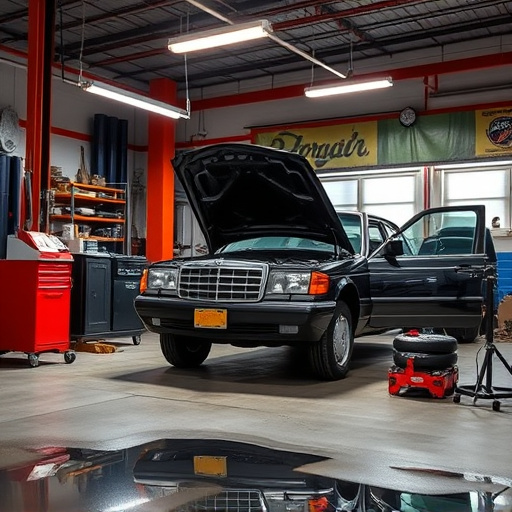
During collisions, several factors contribute to damage within a vehicle’s brake system. High-impact crashes can cause significant stress on various components, leading to severe consequences if not promptly inspected and addressed. One of the primary causes is the direct force exerted on the brake lines by metal components or debris, often resulting in leaks or ruptures. These incidents may go unnoticed initially, but they can escalate into more critical issues during subsequent braking maneuvers.
Additionally, the energy transferred from a collision can cause excessive heat generation within the brake system, affecting both the fluid and its surrounding hardware. This thermal stress is particularly harmful as it weakens seals and connections, increasing the likelihood of damage. Moreover, the sudden jolts and vibrations during an accident can lead to dents or cracks in lines and components, requiring a thorough brake system inspection to identify and rectify these issues, alongside any necessary bumper repair, car paint repair, or dent repair.
The Importance of Regular Brake System Inspection Post-Collision
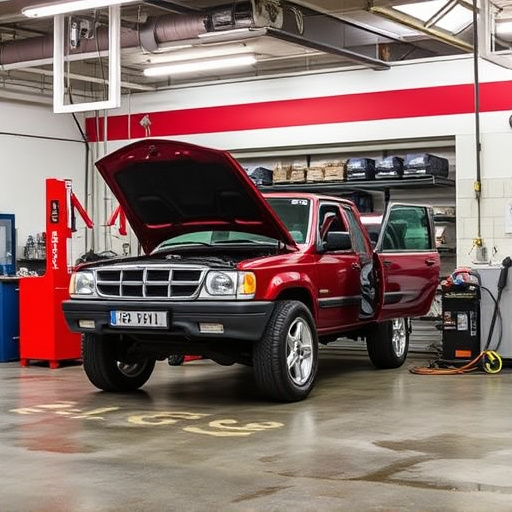
After a collision, a thorough brake system inspection is paramount to ensure safety on the road. Brake fluid lines are particularly vulnerable to damage during accidents, and their integrity is crucial for effective braking. Regular inspections post-collision can help identify any leaks or ruptures in these lines before they escalate, potentially saving lives and preventing further collision damage repair costs.
A comprehensive brake system inspection involves checking the condition of the brake pads, rotors, calipers, and most importantly, the fluid lines themselves. Skilled technicians use advanced diagnostic tools to detect even subtle signs of wear or tear, which might not be immediately apparent. Prompt attention to these issues can lead to better braking performance and reduce the need for extensive collision repair services, including auto glass repair, by addressing problems early on.
Brake fluid lines, essential components of your vehicle’s safety system, can suffer significant damage during collisions. Understanding how these lines get harmed and recognizing the importance of a thorough brake system inspection post-collision are crucial steps in ensuring the safety and reliability of your brakes. By addressing any issues promptly, you can prevent potential accidents and maintain optimal brake performance. Regular inspections are key to keeping your vehicle’s braking system in top condition, offering peace of mind on the road.
